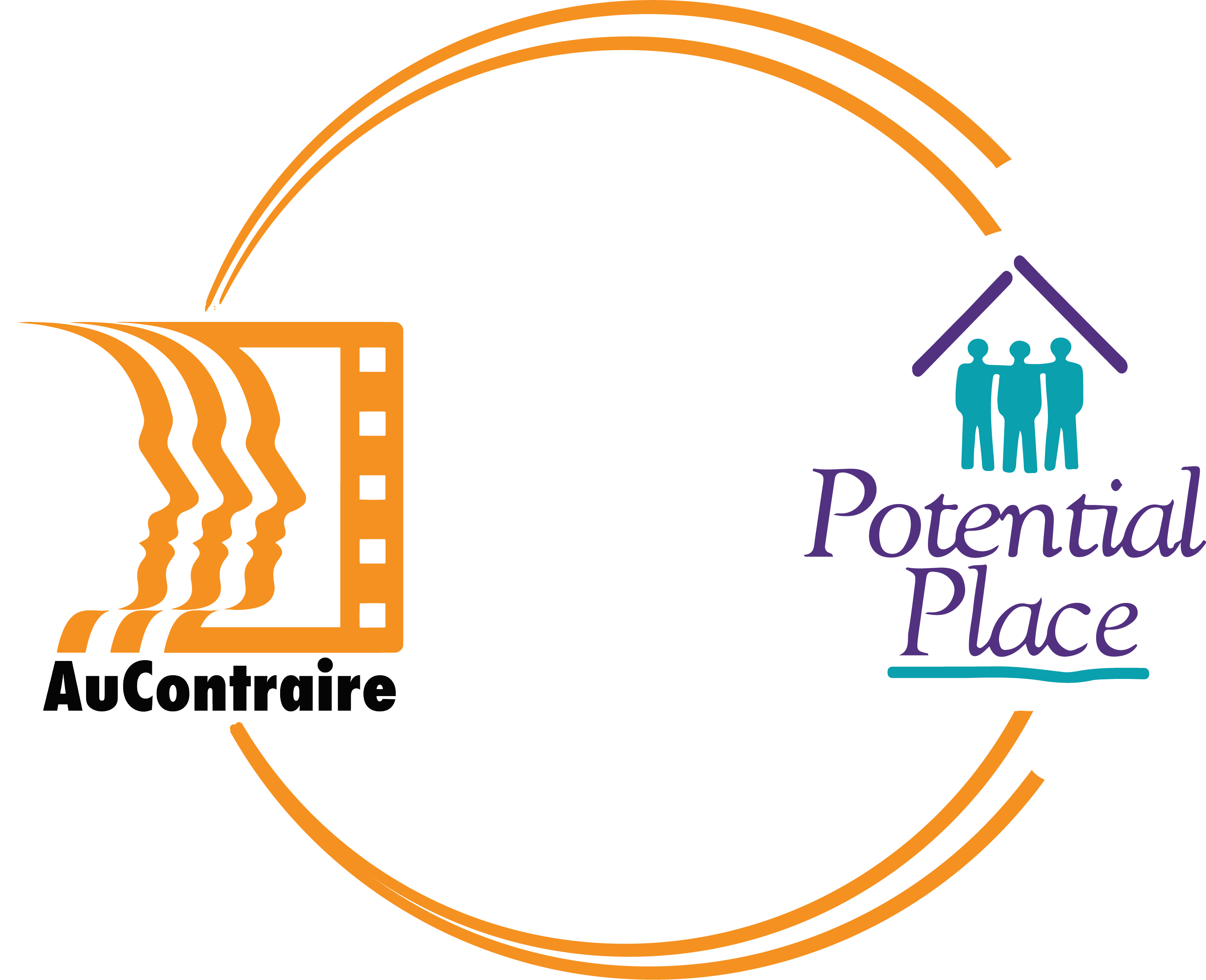World Mental Health October 2024
Join the Reel Change: End the Stigma of Mental Health Through Film.
Invite
Share
Gather
Join Potential Place
We extend a heartfelt invitation to you and your circle—friends, families, networks, and fellow Potential Place members—to come together and experience the power of these mental health films. In a world where conversations about mental health are more vital than ever, let’s be the catalysts for change. Share these thought-provoking films and inspire dialogue within your community. Let’s create a safe space where every voice is heard, every story is valued, and every heart is understood.
Before You Watch the Films
Prepare Mentally
- Acknowledge that watching these films may evoke various emotions and thoughts related to mental health.
- Recognize that it’s okay to feel triggered or upset by certain scenes or themes.
Seek Support
- Identify supportive resources such as friends, family members, or mental health professionals whom you can reach out to if needed.
- Don’t hesitate to talk about your feelings and reactions with someone you trust.
Know Your Limits
- Understand that it’s perfectly acceptable to step away from the screening if you find it overwhelming.
- Prioritize your mental well-being and take breaks as necessary.
Explore Online Resources
- Familiarize yourself with online resources related to mental health support and information.
- Consider researching local resources and support groups that you can access if needed.
Be Supportive in Group Settings
- If watching the films in a group setting, be attentive and supportive of others who may be openly sharing their experiences.
- Respect each individual’s boundaries and responses to the content.
Embrace Learning Opportunities
- Approach the viewing experience with an open mind and a willingness to learn.
- Reflect on how the films’ themes and narratives may resonate with your own experiences or those of your loved ones.
After You Watch the Films
Impact and Representation
- How did the film portray mental health issues, and do you think it was an accurate representation?
- Were there any stereotypes or stigmas about mental health that the film reinforced or challenged?
Character Development
- How did the characters in the film experience and cope with mental health challenges?
- Were there any characters whose journey with mental health resonated with you personally? Why?
Social and Cultural Context
- How did societal attitudes and cultural norms influence the characters’ experiences with mental health?
- Did the film shed light on any specific cultural or social factors that impact mental health?
Treatment and Support
- What forms of support or treatment did the characters seek, and how effective were they portrayed?
- Did the film highlight any barriers to accessing mental health services or resources?
Stigma and Discrimination
- How did the characters’ mental health struggles affect their relationships with family, friends, or romantic partners?
- Were there any examples of healthy or unhealthy dynamics in these relationships related to mental health?
Family and Relationships
- Approach the viewing experience with an open mind and a willingness to learn.
- Reflect on how the films’ themes and narratives may resonate with your own experiences or those of your loved ones.
Resilience and Recovery
- Did the film portray any messages of hope, resilience, or recovery in the face of mental health challenges?
- What strategies or coping mechanisms did the characters use to navigate their mental health issues?
Personal Reflection
- How did watching the film make you feel about mental health?
- Did the film challenge any preconceived notions or misconceptions you had about mental health?
Awareness and Advocacy
- Do you think the film has the potential to raise awareness or start conversations about mental health?
- How can we use the themes or messages from the film to advocate for better mental health support in our communities?
Further Exploration
- Are there any aspects of mental health that the film didn’t address but you would like to discuss further?
- What other films, books, or resources would you recommend for exploring mental health themes?

These questions can help facilitate meaningful discussions and encourage reflection on the complex and multifaceted nature of mental health.
3 Films
Sound and Colour
Director: Emma Foley
14 Minutes | Ireland | English with French subtitles
Synopsis: Having to return home after her attempted suicide, sarcastic loner Hannah must face her dysfunctional and emotionally repressed family.
The Narrator
Director: Julia Trofimova
11 Minutes | Russia/USA | English with French subtitles
Synopsis: As part of an experimental therapy, a depressed employee must navigate his office job with a personal narrator who speaks aloud his every thought.
Curfew
Director: Shawn Christensen
19 Minutes | USA | English
Content Warning: Depiction of attempted suicide.
Synopsis: At the lowest point of his life, Richie gets a call from his estranged sister, asking him to look after his nine-year-old niece, Sophia, for a few hours.
Changing Lives
Changing Mental Health


Potential Place partners with The Au Contraire Film Festival
Clubhouse Model
Disclaimer
Please read the following guidelines to comply with the film’s copyright licensing:
This webpage and the films shown are distributed for the purposes of the Au Contraire Film Festival. Download and/or distribution of the films is not allowed without permission. If you have any technical problems, please contact: tech.aucontraireacff.ca
